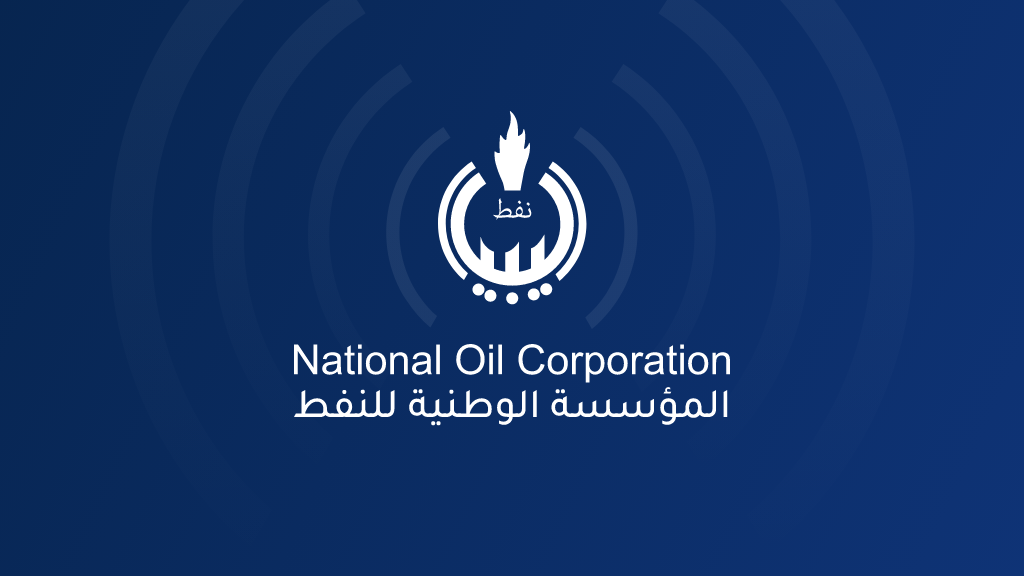News
Categories
Partners
The National Oil Corporation condemns acts of sabotage that took place at the Zawiya Oil Complex
The National Oil Corporation confirms that the Zawiya Oil Complex was severely damaged as a result of skirmishes by armed groups in the vicinity of the complex for nearly three hours last night. Those involved held no regard for the lives of workers at the sites or to the damage that may have caused to the capabilities of the Libyan state and the livelihoods of citizens there.
Statistics so far indicate that these criminal operations have led to:
1- Damage of eight storage tanks for petroleum products and crude oil in the oil movement area.
2- Damage to five storage tanks for base oils and chemical additives in a mineral oil mixing and filling plant, which resulted in the leakage of large quantities from tank No. (T9) for storing base oil (SN150).
3- Damage to the electrical transformer which is the source of power for the main station for the oil mixing and filling factory.
4- Damage to the ceilings of the halls of the manufacturing lines in the oil mixing and filling plant.
Inspections on all production units of the company are ongoing to determine the extent of the damage resulting from these irresponsible actions.
In this regard, the Chairman of the National Oil Corporation, Mustafa Sanalla, was quoted as saying that “Such criminal acts cannot be accepted in or near our sites. Many of our facilities have been sabotaged during the past years as a result of clashes, but those damaged sites have been renovated and returned to work. It may take years to repair these new damages, and could cost the Libyan state an exponential amount of money, which is difficult to obtain.”
Sanalla elaborated “The infrastructure of the oil sector represents the lifeblood of the Libyan state. Therefore, vandalising these facilities, destroying them, or exposing their workers to danger, is a crime that cannot be tolerated. Therefore, we ask the respective authorities to extend their security in and around these sites, protect our workers, and provide security requirements to ensure we continue our operations there”.
